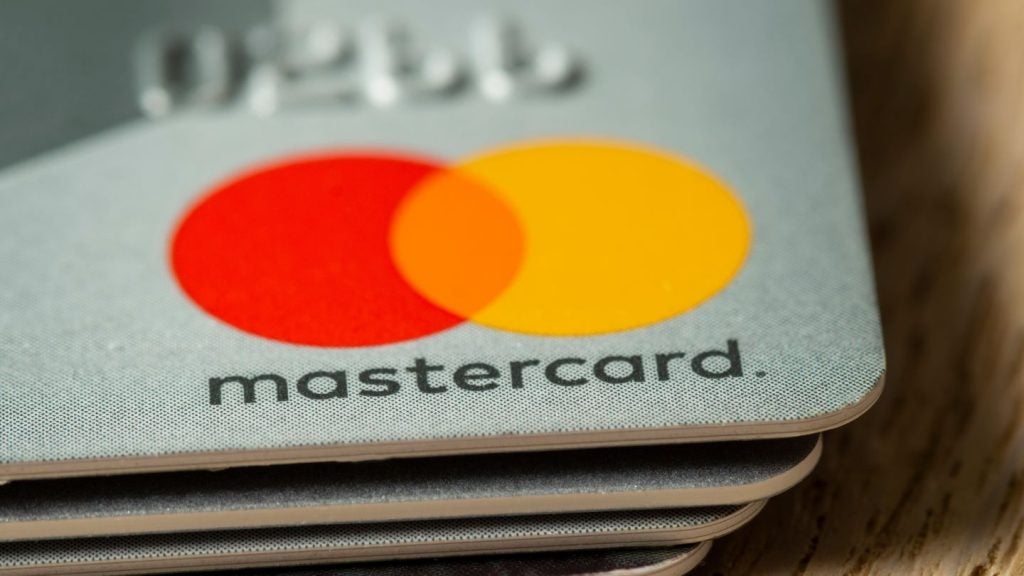Challenger banks and payment service providers need to have the same level of market accessibility as "the Big 4", according to a leading figure in banking innovation.
Fiona Brownsell, founder and CEO of Tumsor, an advisory company that helps new banks through the regulatory process, said that Britain’s current payment system reduces financial competition and innovation due to the leverage big banks hold.
Speaking at Monday’s Tech UK Payment Innovation Conference, Brownsell argued that a ‘level playing field’ and fair access to payment schemes are her ‘number one concerns’.
Presently credit unions and new start-up banks must ask permission from established competitors to access the UK payments system.
Last year more than 22 billion transactions worth approximately £75trn ($117.9trn) went through the UK’s payment system, according to figures by the Payment System Regulator (PSR).
PSR is an independent body that moderates the actions of building societies and legacy banks to ensure accountability in the market place. Their report into the state of the UK’s current payment processing system is due in March 2016.
Also speaking at Payment Innovation Conference, Hannah Nixon of PSR, said: "Britain’s regulatory system is constructively opening up the banking sector. However, investment is still needed to widen the market.
Yet Brownsell went on to state that the core of this payment system problem is ‘historic’ and went on to argue that ‘integration’ could be a solution.
Agreeing with the latter point, Simon Newstead , head of marketing engagement payments at Royal Bank of Scotland said ‘appropriate and competitive access capabilities’ will contribute to a healthy fintech and banking sector.
When pressed on the payment industry’s measure of success, Carlos Sanchez of ipagoo said ‘blockchain’ while Newstead listed:
"Moments of excitement that surprise you. Payments can be made fun and frictionless technology is certainly an exciting method."
PSR is expected to work closely with the yesterday launched Payments UK, the body which succeeds the Payments Council, in an effort to moderate and promote digital innovation and financial technology.







